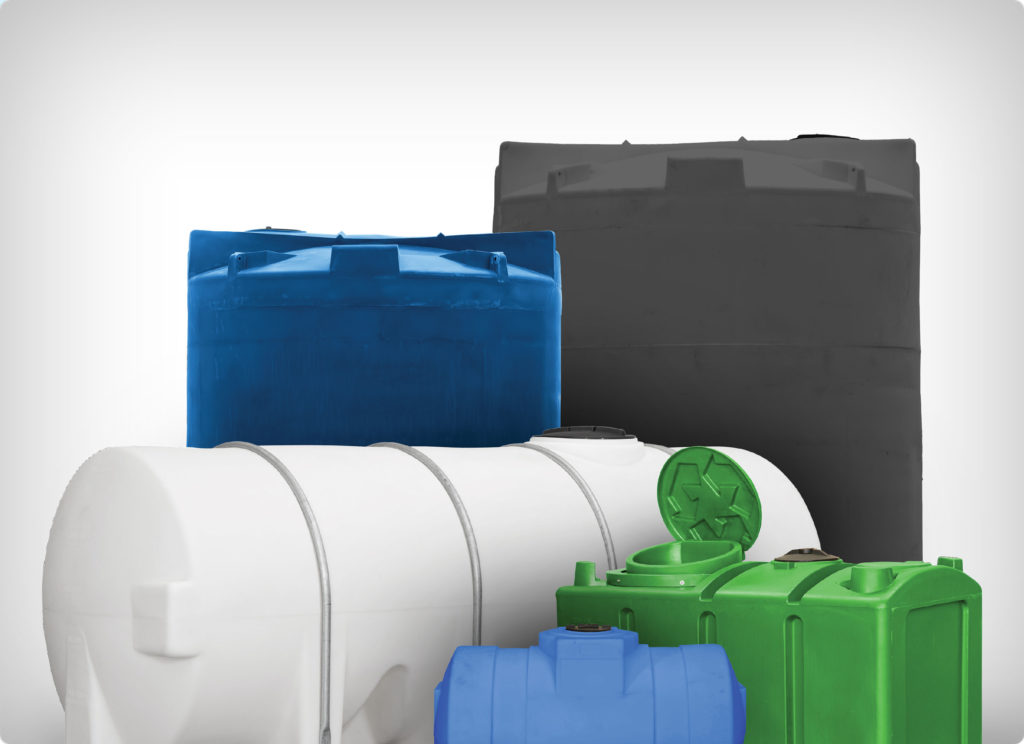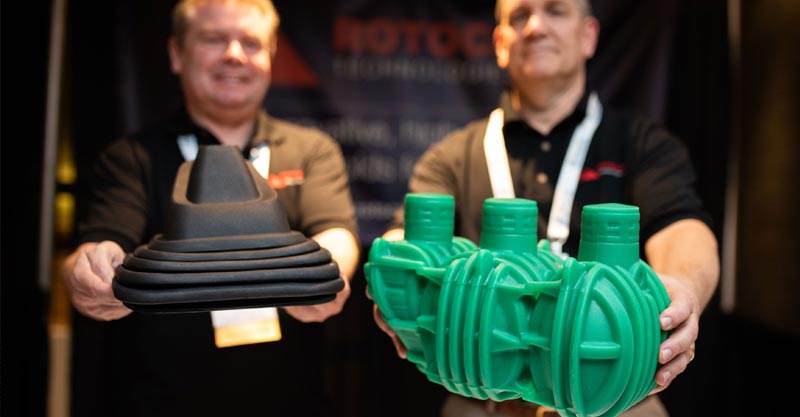Understanding the Role of Rotomolding in Custom Plastic Production
Understanding the Role of Rotomolding in Custom Plastic Production
Blog Article
Rotational molding, or Rotomolding, is a functional manufacturing process noted for producing durable, light, and cost-effective plastic products. Their versatility has caused it to be a go-to option across a wide selection of industries, including automotive, healthcare, structure, and agriculture. Under, we explore the initial advantages that make Rotational Molding a valuable method in these sectors.
Exceptional Design Freedom
Rotomolding permits unparalleled style flexibility in comparison to other plastic production processes. By allowing the development of complex patterns, seamless patterns, and standard wall width, this technique supports the manufacturing of highly tailored objects. For industries such as automotive and healthcare, wherever precision and mobility are necessary, rotomolding guarantees that components meet precise specifications.
Automotive: Components such as gasoline tanks, air channels, or storage chambers could be created with varying shapes and shapes to meet specific car requirements.
Healthcare: Medical units like sturdy pots and portable sterilization units benefit from seamlessly cast designs.

Cost-Effective Production
The rotomolding process provides an economical alternative for industries handling limited budgets. Since shapes found in rotomolding are fairly low-cost in comparison to other molding techniques, companies may generate top quality products without incurring extortionate manufacturing expenses. Moreover, little material spend more plays a role in price savings.
Agriculture: Water tanks and storage bins are made effectively and at scale without forcing resources.
Construction: Products such as protection barricades and modular storage devices are manufactured at paid off fees while sustaining strength and durability.
Durability and Longevity
Among the standout features of rotomolding could be the strength and longevity of the ensuing products. Rotomolded goods are highly resistant to influence, corrosion, and harsh environmental conditions, ensuring a lengthier service life.
Automotive and Transportation: The capability to withstand heat, chemicals, and physical strain makes rotomolded elements perfect for vehicles on the move.
Healthcare: Trusted gear and containers that maintain recurring sterilization cycles are important for safe medical practices.
Lightweight and Easy-to-Handle Products and services
Rotomolded products are lightweight yet stable, creating them easy to deal with and transport. That combination of energy and lightness is specially valuable for industries wherever freedom is just a crucial consideration.
Structure: Light barriers and tanks are easier to set up, increasing working efficiency.
Agriculture: Resources and equipment like feeding troughs are more straightforward to use and shift, supporting farm productivity.
Sustainable and Environmentally Pleasant
Rotomolding's responsibility to sustainability appeals to industries seeking eco-friendly practices. With effective product use and the capacity to incorporate recycled parts, the procedure diminishes environmental impact. Additionally, it produces very little waste, aiming with natural production goals.

Healthcare: Making reusable medical components contributes to reducing single-use plastic waste.
Agriculture & Construction: Eco-friendly manufacturing procedures address concerns about sustainable growth in these industries.
Meeting Industry-Specific Wants
Rotational molding's adaptability allows it to cater to the unique needs of every market it serves. From creating extremely tailored items to ensuring longevity across numerous programs, industries carry on to turn to rotomolding as an effective alternative for their manufacturing needs. Report this page